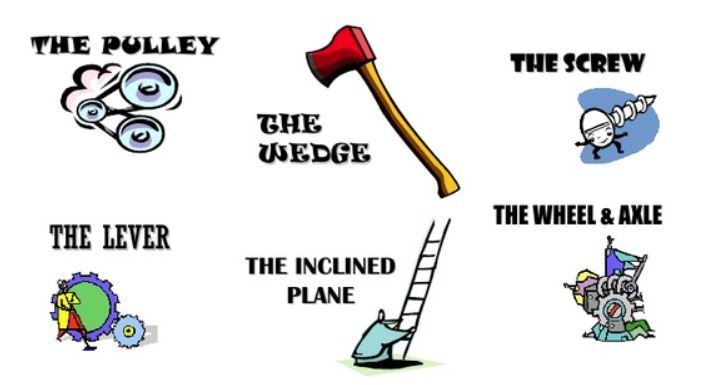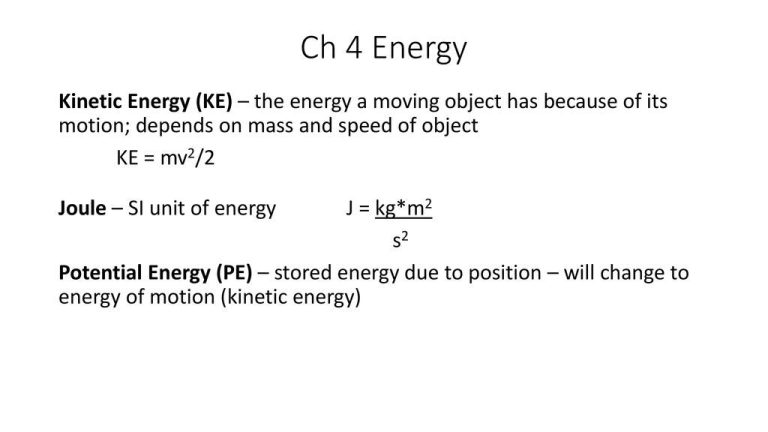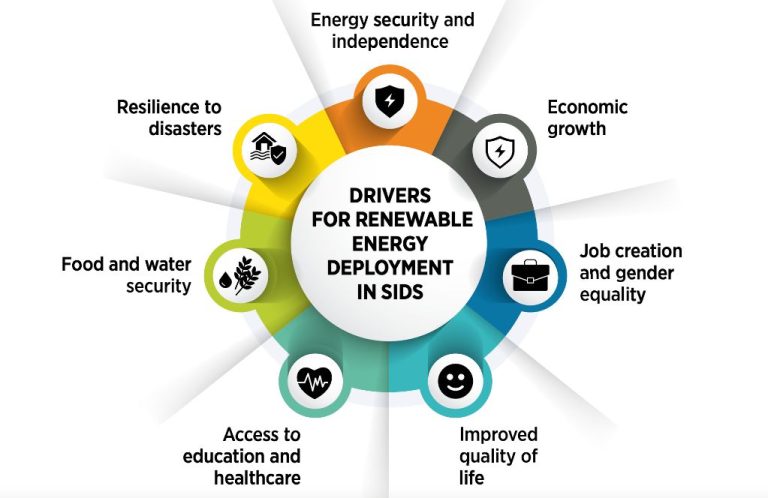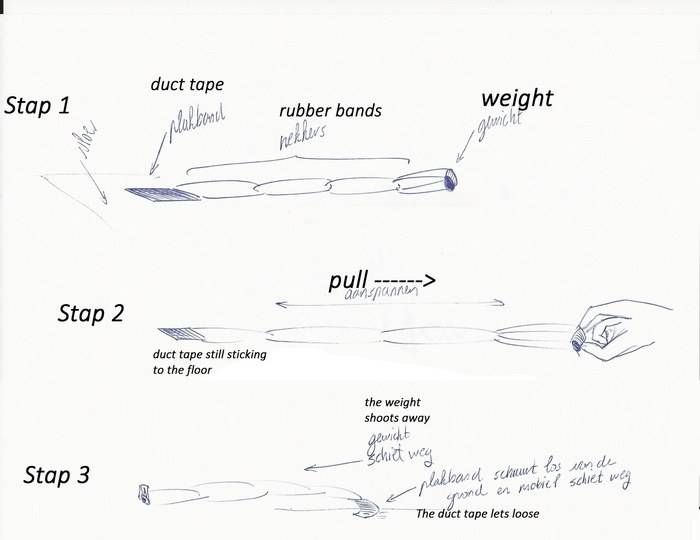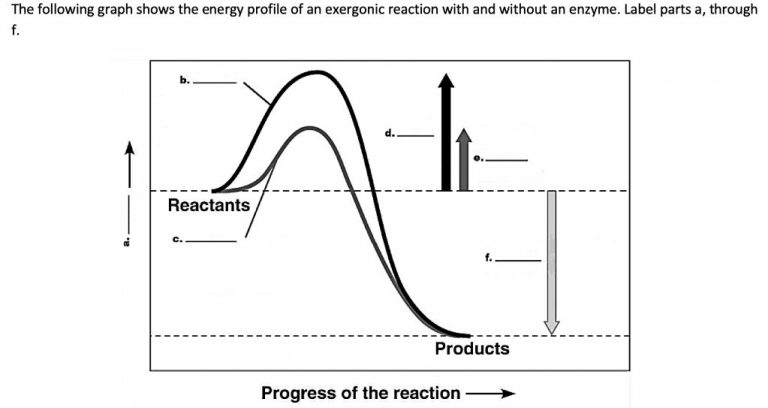How Many Kwh In 1 Megawatt?
A kilowatt-hour (kWh) is a unit of energy that represents the amount of electricity needed to power 1,000 watts for one hour. For example, ten 100-watt light bulbs turned on for one hour would consume one kilowatt-hour of electricity. A megawatt (MW) is a much larger unit of power that equals 1,000 kilowatts. One megawatt provides enough power to meet the electricity needs of around 1,000 average homes in the United States.
In this article, we’ll be answering the question: How many kWh are in 1 MW? Converting between these two units is useful for understanding and calculating electricity usage and costs. We’ll explain the relationship between kilowatts and megawatts, provide the conversion formula, and look at some example calculations.
What is a Kilowatt-Hour?
A kilowatt-hour (kWh) is a unit of energy that measures electric energy usage. Specifically, a kilowatt-hour represents the amount of electricity needed to power a device that requires 1,000 watts (or 1 kilowatt) of power for one full hour. For example, a 100-watt light bulb running for 10 hours would consume 1,000 watt-hours or 1 kilowatt-hour of electricity.
Kilowatt-hours allow us to calculate total electric energy usage over time, which is essential for billing purposes. Utility companies measure customers’ energy use in kilowatt-hours via electric meters. The more kilowatt-hours used in a billing cycle, the higher the electric bill will be.
Kilowatt-hours are commonly used for billing residential and commercial electricity customers, as well as for measuring large-scale energy generation and consumption. Overall, the kilowatt-hour provides a standardized way to quantify electric energy usage across many different applications.
What is a Megawatt?
A megawatt (MW) is a unit of power that is equal to one million (106) watts. It is used to measure the rate of electric energy generation, transmission, distribution and consumption.
More specifically, the megawatt quantifies the rate of energy flow. It indicates the amount of electrical power that is generated or consumed over time. For example, a generator rated at 1 MW can supply enough power to meet the demand of over 900 average homes in the United States.
Megawatts are useful for comparing electricity production and usage capacity for things like power plants, motors, appliances, or even an entire city’s energy needs. The megawatt measurement gives context on the scale of electric power required or produced, especially for large-scale operations.
The Relationship Between kW and MW
Before we can understand how to convert between megawatts and kilowatt-hours, we first need to understand the relationship between kilowatts (kW) and megawatts (MW).
Kilowatt (kW) is a unit that measures power. Power is the rate at which energy is transferred or converted. For example, a lightbulb may use 100 watts of power.
Megawatt (MW) is equal to 1,000 kilowatts. So 1 MW = 1,000 kW. Megawatt is simply a larger unit for measuring power.
On the other hand, kilowatt-hour (kWh) is a unit of energy. It measures the total amount of energy used over time. For example, a 100-watt lightbulb used for 10 hours consumes 1,000 watt-hours or 1 kWh of energy.
So in summary:
- kW measures power
- MW is 1,000 kW
- kWh measures energy
- MW measures power over time
Knowing the difference between power and energy units is key to understanding how to convert between megawatts and kilowatt-hours.
Converting Megawatts to Kilowatt-Hours
The relationship between megawatts (MW) and kilowatt-hours (kWh) is straightforward once you understand the units. A watt is a measure of power and a watt-hour is a measure of energy. Specifically:
- 1 MW = 1,000,000 watts
- 1 kWh = 1,000 watt-hours
So to convert between the two units, we simply need to account for the time dimension. Power (watts) x Time (hours) = Energy (watt-hours).
The conversion formula is:
kWh = MW x hours
Let’s look at some examples:
- 1 MW generated for 1 hour = 1 MW x 1 h = 1,000,000 W x 1 h = 1,000,000 Wh = 1,000 kWh
- 1 MW generated for 10 hours = 1 MW x 10 h = 10,000,000 Wh = 10,000 kWh
- 2 MW generated for 5 hours = 2 MW x 5 h = 10,000,000 Wh = 10,000 kWh
So in this way we can easily convert a power capacity in megawatts to total energy output over time in kilowatt-hours.
How Many kWh in 1 Megawatt?
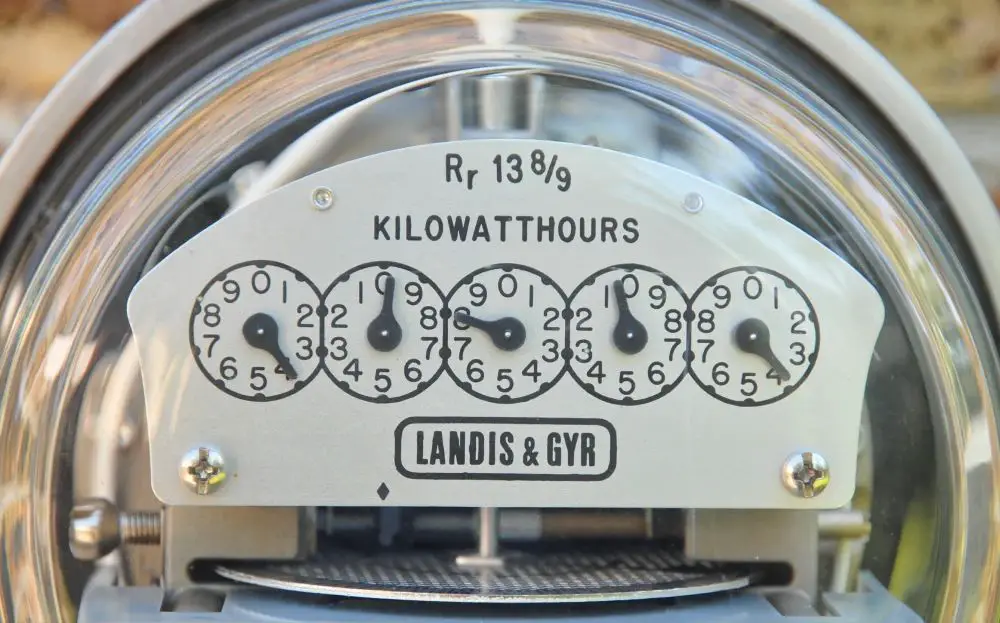
The answer is that 1 megawatt (MW) is equal to 1,000 kilowatt-hours (kWh). This conversion can be calculated as follows:
1 MW = 1,000 kW (one megawatt equals one thousand kilowatts)
1 kW * 1 h = 1 kWh (one kilowatt of power over one hour equals one kilowatt-hour)
Therefore:
1 MW * 1,000 kW / 1 MW * 1 h = 1,000 kWh
So in summary, 1 megawatt of power output over the period of one hour equals 1,000 kilowatt-hours of energy usage. This straightforward conversion underlies many calculations and comparisons of electricity usage.
Why Convert Megawatts to Kilowatt-Hours?
Converting megawatts to kilowatt-hours is useful for several reasons when performing energy usage calculations:
1) It allows you to calculate the total energy use over time. Megawatts measure power, which is instantaneous. But energy use is typically measured over a period of time. By converting megawatts to kilowatt-hours, you can determine the total energy consumed or produced over a specific time period like an hour, day, month or year.
2) It enables cost calculations. Electricity billing is typically based on kilowatt-hour usage. By converting megawatts to kilowatt-hours, you can estimate the cost of operating electrical equipment or systems over time.
3) It helps size and compare different energy sources or loads. Expressing power consumption and production in common kilowatt-hour units makes it easier to understand and compare the amount of energy from different sources like wind turbines, solar panels, generators etc.
4) It allows for easy storage sizing. Kilowatt-hours dictate the amount of energy storage required. Converting power capacity in megawatts to total energy in kilowatt-hours helps properly size battery banks or other energy storage systems.
In summary, converting between megawatts and kilowatt-hours bridges the gap between power and energy, enabling more practical real-world calculations for electrical engineers, utility providers, and energy consumers.
Example Energy Usage Calculations
Here are some examples of calculating kWh usage based on MW power ratings:
Example 1: A 100 MW power plant operates at full capacity for 5 hours. How many kWh were generated?
Power plant capacity: 100 MW
Hours operated: 5 hours
To calculate kWh:
kWh = Power (MW) x Time (hours)
kWh = 100 MW x 5 hours
kWh = 500,000 kWh
Example 2: An electric vehicle has a 100 kW motor. If it drives for 3 hours, how many kWh of electricity does it use?
Electric vehicle motor rating: 100 kW
Drive time: 3 hours
To calculate kWh:
kWh = Power (kW) x Time (hours)
kWh = 100 kW x 3 hours
kWh = 300 kWh
So in these examples, we took the power rating in MW or kW, multiplied by the operating hours, to calculate total energy usage in kWh.
Conclusion
We’ve covered the main differences between megawatts and kilowatt-hours. Megawatts measure power – the rate at which energy is being generated or consumed at any instant. Kilowatt-hours measure energy – the total amount of electricity used over a period of time.
To summarize, one megawatt (MW) is equal to 1,000 kilowatts (kW). And one kilowatt-hour (kWh) represents one kilowatt of power sustained for one hour. So to convert megawatts to kilowatt-hours, you simply multiply the number of megawatts by 1,000. Therefore, 1 megawatt is equal to 1,000 kilowatt-hours.
References
[1] U.S. Energy Information Administration. “How much electricity does an American home use?” Accessed Jan 27, 2023. https://www.eia.gov/tools/faqs/faq.php?id=97&t=3
[2] U.S. Energy Information Administration. “Electricity explained – Electricity generation, capacity, and sales in the United States.” Accessed Jan 27, 2023. https://www.eia.gov/energyexplained/electricity/electricity-in-the-us-generation-capacity-and-sales.php
[3] U.S. Energy Information Administration. “What is U.S. electricity generation by energy source?” Accessed Jan 27, 2023. https://www.eia.gov/tools/faqs/faq.php?id=427&t=3
[4] Electrical4U. “Megawatt to Kilowatt.” Accessed Jan 27, 2023. https://www.electrical4u.com/megawatt-to-kilowatt/

